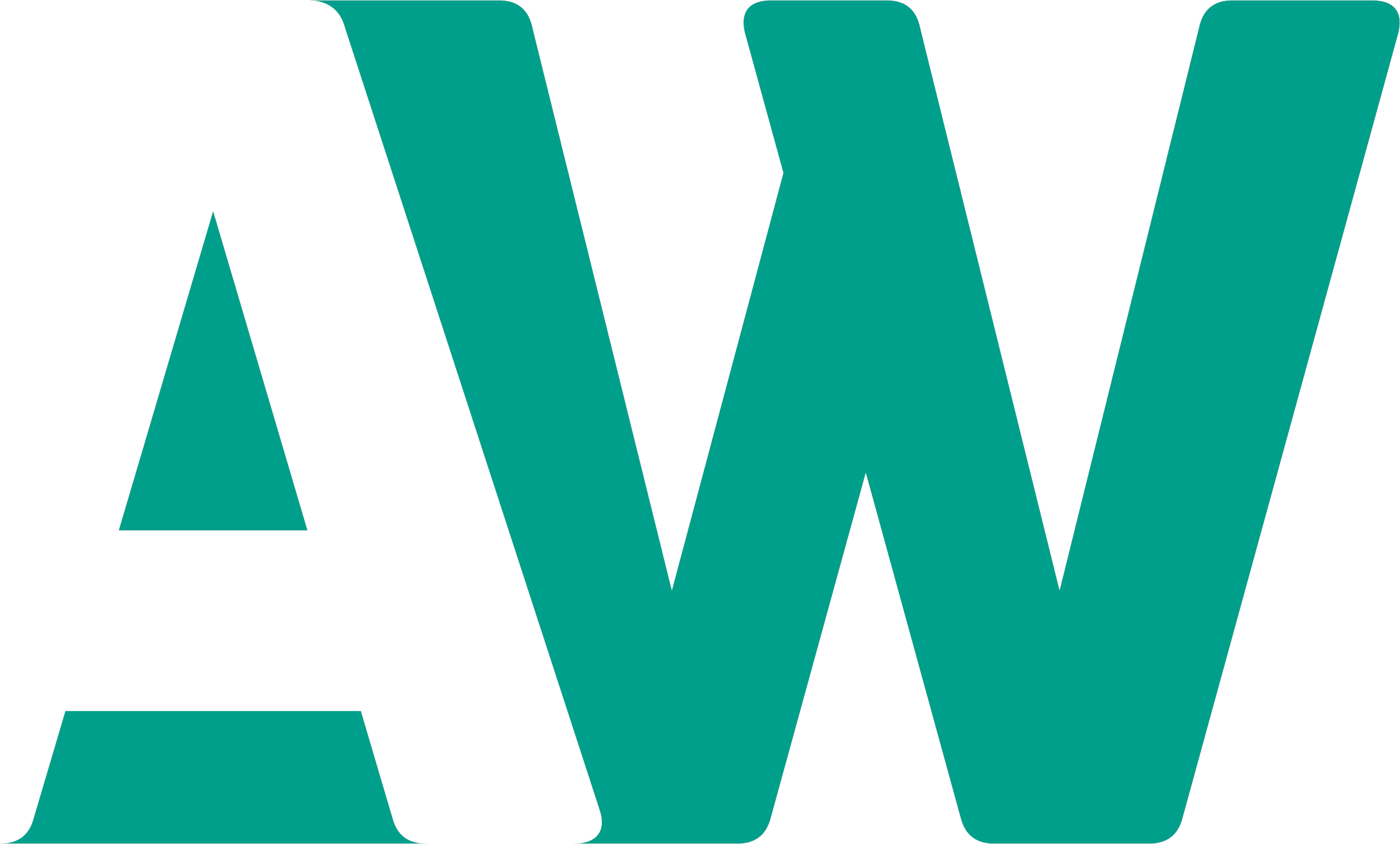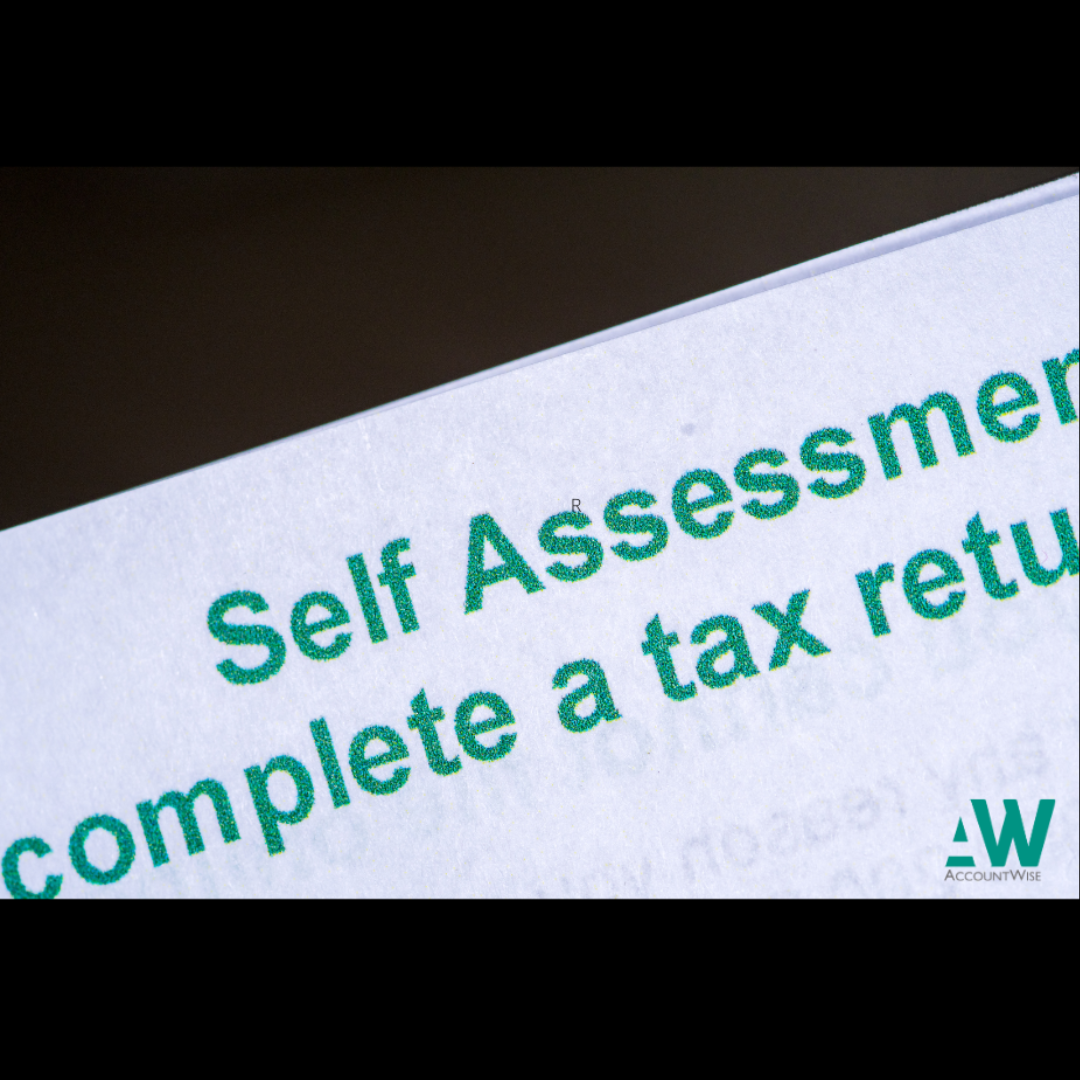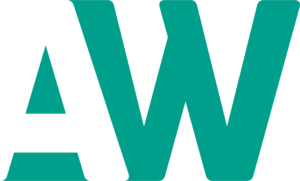If you pay tax through PAYE, as will be the case if you are an employee or a pensioner, you may need to complete a Self Assessment tax return if you have other sources of income, such as income from property or investments or from self-employment. If at least 80% of the tax that you owe is collected through PAYE, you will not have to make payments on account, even if the tax that you owe under Self Assessment is more than £1,000.
The normal deadline for paying tax under Self Assessment is 31 January after the end of the tax year, so by 31 January 2025 for 2023/24 tax. However, if you file your return earlier, you may be able to pay the tax that you owe through PAYE via an adjustment to your tax code.
30 December deadline
To take advantage of the opportunity to pay the tax that you owe for 2023/24 through PAYE, you must file your tax return by 30 December 2024 if you file online. If you have already submitted a paper return by the 31 October paper filing deadline, you may also qualify.
You will not be able to pay your tax through your tax code if:
- you do not have sufficient PAYE income for HMRC to collect the tax that is due;
- paying tax in this way will mean that more than 50% of your PAYE income is deducted in tax; or
- you will pay more than twice as much tax as you do normally.
Further, you can only pay the tax that you owe under Self Assessment in this way if the amount that you owe is £3,000 or less. It is important to note that this limit applies to the total amount of tax that you owe under Self Assessment – if you owe more than £3,000, you cannot make a part-payment to reduce the bill to £3,000 and then pay this through your tax code.
Where the return is filed on time, the amount that you owe is £3,000 or less, you already pay tax under PAYE and you are not otherwise excluded from paying your tax through PAYE, HMRC will automatically adjust your tax code to collect the tax that you owe, unless you specify on your tax return that you do not want the tax collected in this way.
If you are not eligible to pay through PAYE despite your bill being £3,000 or less, you will need to pay what you owe by 31 January 2025, or set up a Time to Pay arrangement with HMRC.
Collection mechanism
To collect tax through PAYE, your tax code will be adjusted so that your tax-free allowances are reduced. The amount of the reduction will reflect both the tax that you owe and your marginal rate of tax. For example, if you are employed and owe tax under Self Assessment of £2,000 in respect of rental income and you are a higher rate taxpayer paying tax at 40%, your tax code will be adjusted by 500 (as 40% of £5,000 is £2,000). This will mean if you receive the basic personal allowance of £12,570, your tax-free allowance will be reduced by £5,000 and your tax code will be reduced to 757L.
To collect tax for 2023/24, the adjustment is made to the 2025/26 tax code, so that the tax is collected in 12 equal instalments throughout the 2025/26 tax year.
Advantages
Opting to pay tax through PAYE removes the need to pay the tax in a single payment by 31 January 2025. It also provides the option to pay in instalments without the need to set up a Time to Pay arrangement, with the added advantage that the instalments are interest-free. By contrast, interest is charged where tax is paid in instalments under a Time to Pay arrangement The first payment is not made until April 2025, providing a further cash flow benefit.
On the downside, your take home pay will be reduced as a result.
Got a question? Please feel free to get in touch with the team at Accountwise, your local Wokingham Accountants, on 0118 9623702 or email AccountWise.


